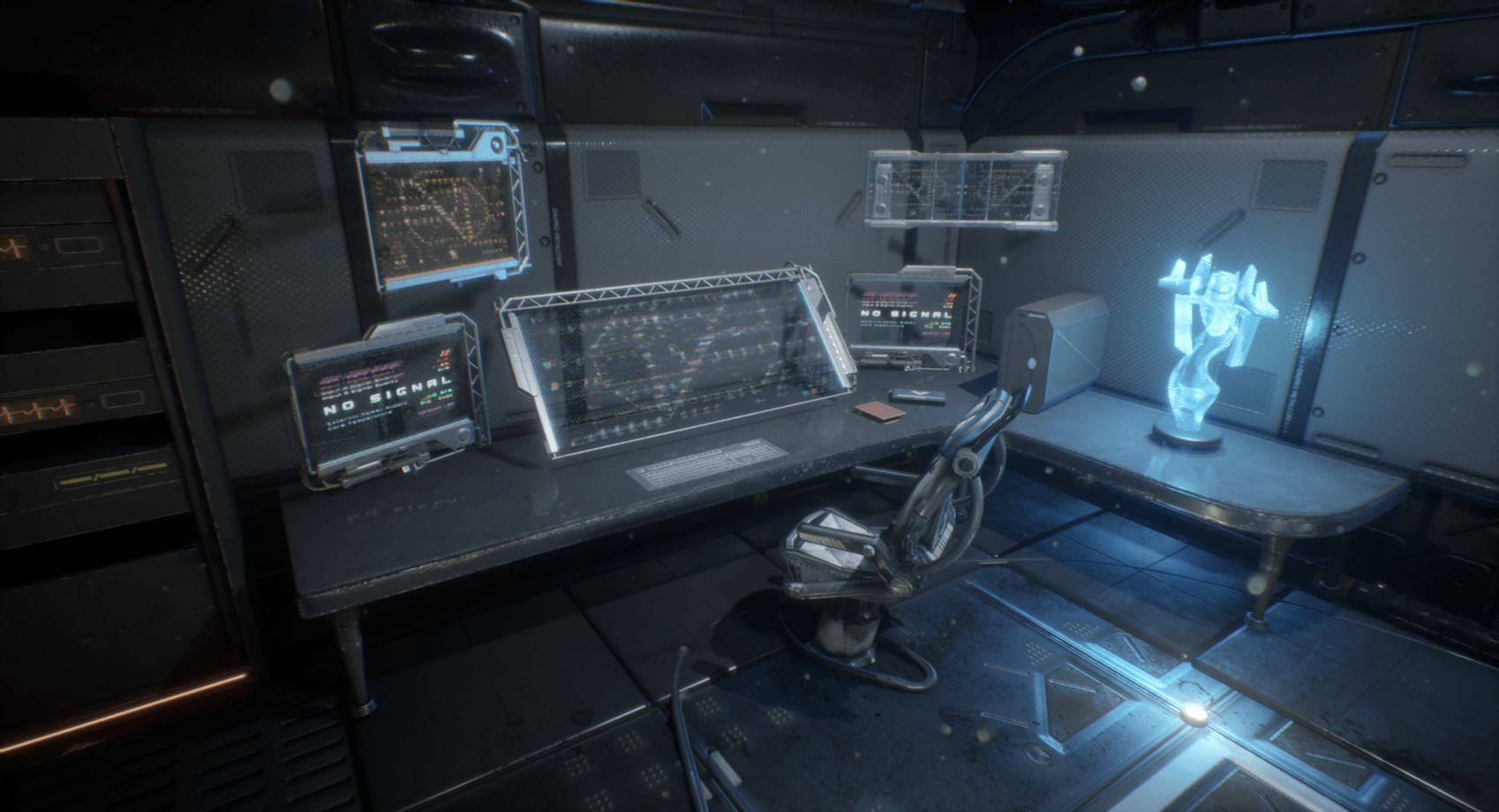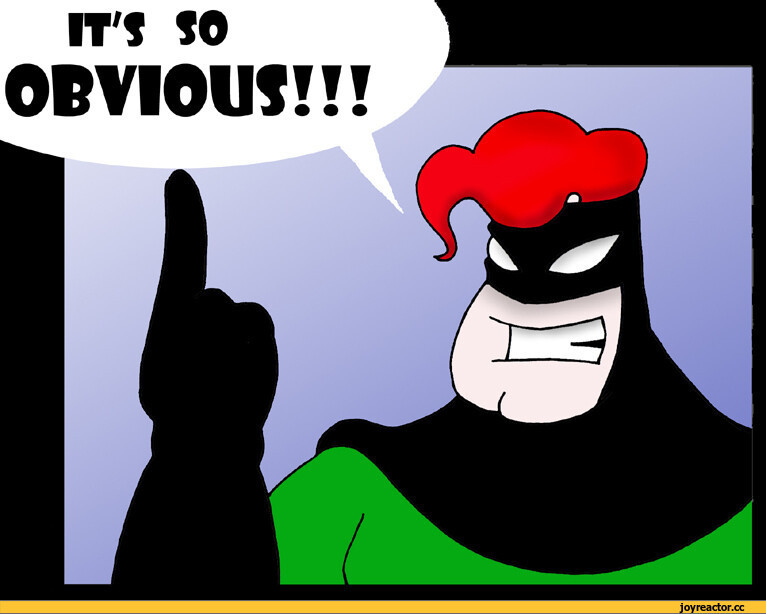Path Of The Indie - Funding Our Game
CEO of Rummy Games creating Saturated Outer Space proceeds to share his experience with other independent developers
Greetings!
For newcomers here is the first post about me and reasons why these articles might interest you.
Disclaimer: I’m not going to tell you how to make video games properly. Instead, I am sharing my personal experience and training while managing an indie team following the Path.

When we started our project we didn’t have a clue about investments. The goal was to get the developing experience and release a video game. Minimum efforts, minimum waste of resources and time, minimum quality... But everything has changed.
During the development we changed our mind about releasing the raw game project on Steam. We decided to become a real studio and to create a real video game. It meant financed development. To accelerate experience gain, to make a game not only capable of selling itself but also to return the investments.
So we needed to start building some corporate strategy basics and looking for investors. We also needed something to show — a pitch and a build. Therefore we needed to know how they are made, where to go, how to prepare.
Who in the team should be responsible?

Yes, the correct answer is biz dev. Hire one and let him or her solve all these problems.
In the summer 2019 we couldn’t find a decent business development manager. At first I scouted among my acquaintances. I found one candidate and told him about our project. He was interested enough to come from another city to talk. Well, okay, he was passing by Moscow for some other reason but nevertheless came to see me to discuss the project, which apparently shows some interest. After listening to my detailed story about finding investors he started to question our game design. Although his experience was mostly in business and not in games mechanics he was somehow more interested in product than in business development. We parted ways.
Our need for funding didn’t go anywhere. I came to the thought that no one knew the project better than me so I was the best candidate for the mission. In indie teams leaders should think about investments by choosing the way of development and negotiating conditions with potential investors.
Although the biz dev job had become a bit discredited in my eyes, in the summer of 2020 we gave it another shot: for now we have a person who works on investment hunt simultaneously with me. I don’t have any conclusions for now, the time will show.
Our first attempt funding our game
In August 2019 our producer shared an interesting information about Irish fund CSF financing any kind of start-up for 50 thousand euros 1-2 times a year. The only condition: a good pitch. No matter the industry, project stage etc. We even knew someone who actually received 50 thousand euros just for an idea of a mobile match-3 game without a prototype!

I was of course excited to start preparing our application. Without any previous knowledge I approached this task with maximum responsibility and brought some order to our understanding of this process. Unfortunately we didn’t make it to the second round because of overestimated forecasts of revenue. The Irish didn’t believe our numbers, and for a reason. Our business plan looked like a financial pyramid. The first lesson I learned was: don’t lie to a potential investor. Investors aren’t stupid and they will not be fooled by juicy numbers without grounding.
Second Try

Strictly speaking, our second experience was another application to the same CSF in January 2020 but it failed too, although for another reason. They were fine with our financial part but refused because they weren’t interested in games funding anymore. It wasn’t their profile. Maybe it was just a polite way to say no but I didn’t care. For the same reason: if they don’t specialize in video games it means they don’t understand much in our industry. No additional expertise and not so good money.
Besides CSF we tried to find investments among our contacts. To make the pitch more attractive I remade our presentation and prepared a roadmap with budget indicators. After several meetings we still didn’t have any satisfying result. However, I trained my presentation skills and learned a lot about pitching. I also learned that it’s important to have an answer to the question: “what is the structure of the studio and how the profit would be distributed?”. What we will give to our potential investor.
Third and so on

After first attempts my knowledge in investments was still quite poor so I started to study the theory. Google gives you tons of guides and resources for the question “how to find investments” but it’s such an abyss of information that it’s scary even to look into it. That’s why I began with my favorite podcast “How to make games” by tags “business”. And only then I turned to articles and experts. I made lists of potential investors and publishers, and composed a plan for pitching.
I’d like to point to the most useful resources:
- Two great articles on unrealengine.com about investments: part I and part II.
- An interesting book by Brad Feld and Jason Mendelson, Venture Deals: Be Smarter Than Your Lawyer and Venture Capitalist. It tells about investments in the big corporate world of business.
With some gained knowledge I applied to the first session of GDbay contest. As a result I collected valuable feedback: information in the presentation was still not structured enough with the emphasis on less important things. Our producer helped us too: introduced us to a cool mentor — Danila Kamenev. Thanks to him we started this series “the path of the Indie” and also finalized all the required documentation for pitching apart from presentation, budget and roadmap: the project passport, GDD, concept, team information and structure. All this is required if you pass after the first meeting with the investor.
In July 2020 we went to mentoring dialogues by DevGamm. I’m deeply grateful to the mentors for their practical recommendations on the presentation, the list of funds, advice on marketing. They were the first experts who returned with very valuable feedback from an investor’s point of view.
What do we have now?

Our main achievement for now is getting to participate in Game Innovators. We were accepted thanks to our completely prepared documentation: presentation, pitch, clear goals and investment proposal. During this program we meet industry experts who help us with counsel, networking and push us in the right direction. This activity will end in mid-December 2020, and I will write about its effects.
Overall, the funding quest is a difficult and long process. Especially for an indie team with neither recognition nor experience in gamedev. But it’s not hopeless. We continue looking for investments and those who will believe in us and our motivation to make an excellent product and found our own development studio.
P.S. I skipped the part about applying to funds such as EMG, IndieFund, Xsolla Funding Club and others. But it’s only because for us this means only a correctly filled application. Which mostly depends on the same documents we have prepared before. Copy the numbers and the text, paste in 20th application and go to the next one.
* * *
This part covers the time from September 2020 to October 2020.
The search for investments requires:
- Knowledge of the subject itself. You have to study the kinds of funding, how does it work and what do investors expect
- Preparation of certain documents. Concept, budget, business plan and pitch-document (presentation) — that’s a minimum. The first stage is often formal and strictly regulated, bureaucracy is more important than your speech.
- Keeping in mind not only the funding itself but also connections, expertise and business experience you can gain with an investor. This is one of the reasons why you should always prefer investors experienced in the game industry.
- Honesty. Don’t overestimate the potential revenue if you can’t confirm it with strong arguments. The experienced investor will catch your bluff before you know.
- Patience and persistence. Even if it is not the 10th time, it will happen eventually. Follow your path, keep improving your skills, your team and the project and it’s going to work out just fine.
Saturated Outer Space
Lead a squad and set a course towards distress calls. Extinguish fires, remove obstacles, eliminate enemies!
| Status | In development |
| Author | Rummy_Games |
| Genre | Strategy |
| Tags | Aliens, Difficult, Isometric, Sci-fi, Singleplayer, Space, Tactical, Turn-based, Turn-Based Combat, Turn-based Strategy |
| Languages | English, Russian |
More posts
- Path Of The Indie - Team BuildingDec 28, 2020
- Path Of The Indie - Processes and PipelinesDec 28, 2020
- Path Of The Indie - How We Let People GoDec 03, 2020
- Path Of The Indie - Work During PandemicDec 03, 2020
- Screenshot Saturday 14/11/2020Nov 14, 2020
- Path Of The Indie — Rebuilding The PrototypeNov 13, 2020
- Path Of The Indie — New AcquaintancesNov 12, 2020
- Screenshot Saturday 07/11/2020Nov 07, 2020
Leave a comment
Log in with itch.io to leave a comment.